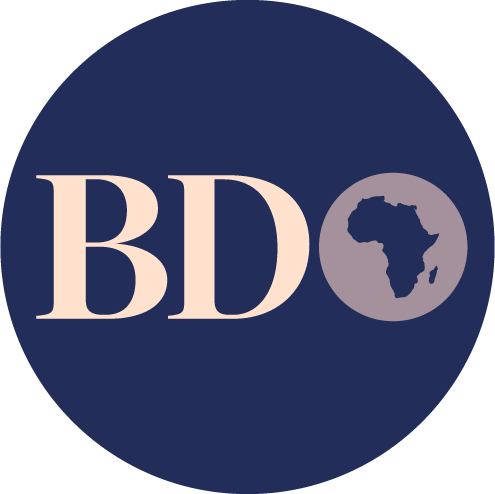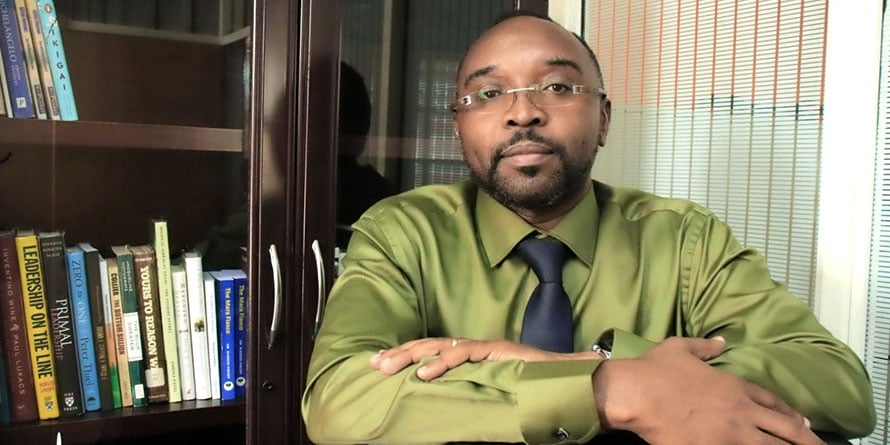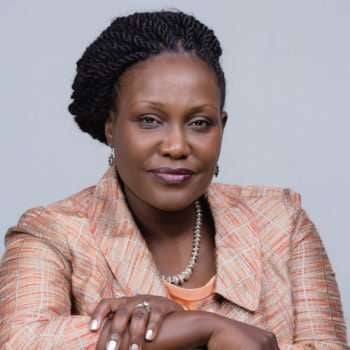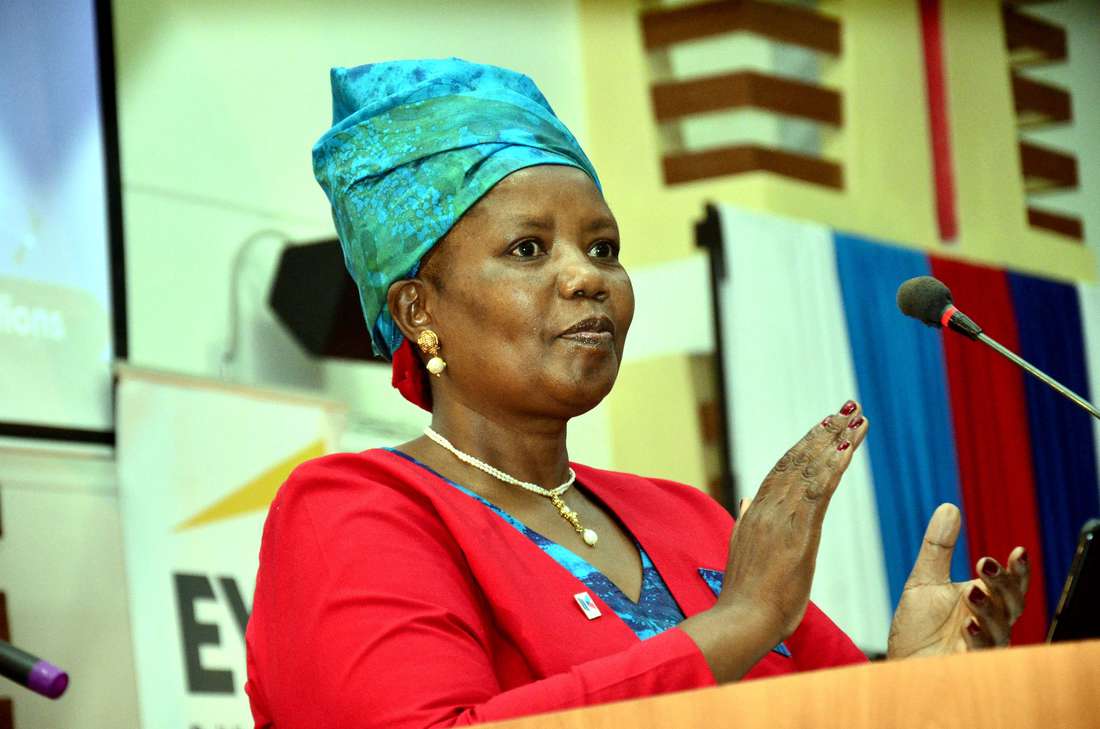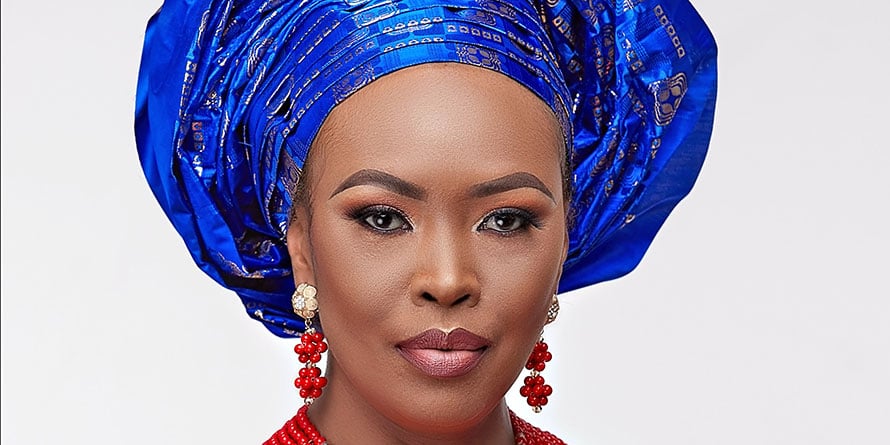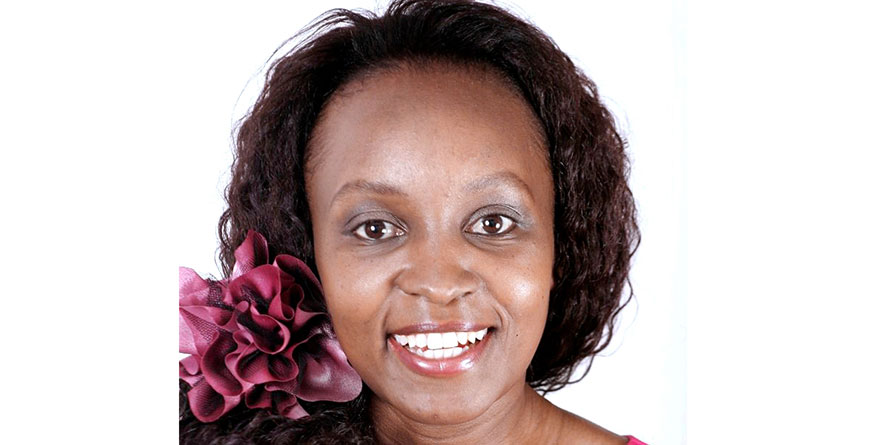By Jackson Biko
There is a little section in this Friday paper where I meet with CEOs, thought leaders and entrepreneurs in quiet unobtrusive spaces and chat. Mostly it’s early morning, over tea, before
the day gets its elbow dirty. I’ve done it weekly for the past 10 or so years now.
They started off as interviews, now they are conversations and those conversations are never about what these people do but rather who they are. The far-reaching agenda is that by them opening themselves up to close scrutiny we — the readers — hope to tap into what informs their success.
I remember my first few interviews soiled with awe and admiration for these subjects and great superfluousness (on my part). These were successful men and women I only saw on TV; now they were seated before me, legs folded looking like humans who brushed their teeth and engaged in other mundane activities just like the rest of us.
What surprised me was how they all looked different in the flesh. I wanted to touch their hair to confirm that indeed they were real. Initially, I thought I was taken by their presence but then I realised it’s their office/titles that enthralled me. I was young (31 or 32 years), wet behind the ears and impressionable. Of course, I didn’t know better. How could I? I asked pointless and
embarrassing questions like what’s your favourite car? What inspires you?
But then I grew up, as a man, yes but as a professional as well and soon I quickly realised what I had before me. This weekly task had essentially given me access to these successful people. Not only could I learn from them but also recalibrate and test my own idea of success.
So I started asking questions for myself, not for you, dear readers. Because I wanted to know and learn. I wanted to learn about money and marriage, success and failure, loss and hubris, fear and fatalism. If you have been reading that column you will notice that I almost always ask about success and about money. Because most of us were socialised to believe that success means things; a big German car that smells of almonds, a big house on a hill, children in decent schools, money in the bank, affluence.
And so over this decade I have written that column my idea of success has been moulded in more ways than one by most of these extremely brilliant women and men. I have learnt that success is so amorphous. It’s like an amoeba. Have you seen an amoeba under a microscope? You look at it and it looks like the shape of Australia. You step away, take a leak and come back and it looks
like a bottle opener. Success, like an amoeba, is an ugly word. It feels like a finality. The final whistle. A corridor that opens into a wall.
After a while, in the wake of these enlightening conversations, I threw out my own definition of success. This is because I realised that success is like a red coat. I’m never going to wear a red coat, no matter how much I’ve drunk. Well, unless I get a job in a casino and in these dicey economic times, who knows?
Am I successful as a 42-year-old writer? It’s easy to confuse comfort with success. However, I’ve been blessed abundantly for doing something I’m very passionate about, but I also realise that I’m still in the trenches. Which I happen to love. Writing — unlike other forms of quantifiable professions — isn’t a destination, a point of arrival. It’s an unending journey devoid of any romance and long gratifications. I will write something that I love now, but by tomorrow it won’t matter because nobody cares about what you wrote yesterday. What have you written today?
It’s a ruthless pursuit, this profession which makes the idea of success a moving target. Novels lie about writers who write shirtless under a whirring fan, a glass of scotch by their elbow, seated at a table before a big yawning louvered window that overlooks the rumbling rooftops where birds perch to offer the soundtrack of their prose. Writing is akin to pursuing a love interest that blows hot and cold. It’s like filling a cracked pot. Like trying to light a wet cigarette. It’s pure masochism.
However, there is a deep inexplicable love that writing evokes in one. This unending seduction of words. You know you will never love another and you are aware that the love outweighs every wart that writing comes with. And because of this, success is shifty, like trying to step on your shadow.
I once interviewed a gentleman — I can’t remember who that was, it was five years ago— who I asked what success meant for him and he quoted something I found very interesting. He said that success for him was about hanging on after all others have let go.
I intend to hang on as long as it takes.
